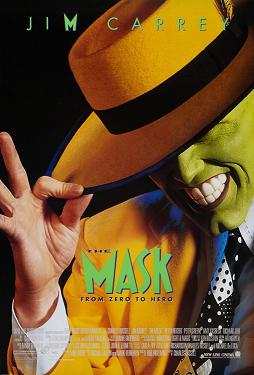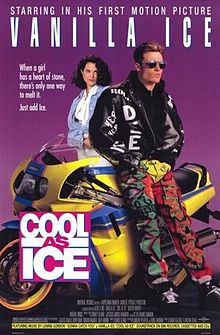The expression from zero to hero is an informal saying that means:
To change an outcome, one's situation, or oneself from being particularly unsuccessful, negative, unfortunate, or unpopular to being especially successful, positive, fortunate, or popular.
- After his parents won the lottery, John went from zero to hero in his high school overnight. With computer programming becoming an increasingly in-demand skill, many who might have been picked on in high school are now going from zeros to heroes. (TFD)
The expression is a quite common one and it is used in different contexts like music and tv programs for instance.
Ngram shows that "from zero to hero" became a popular expression especially from the early '90s.
Curiously the ODO has an entry for its opposite from hero to zero , which is used to refer to a sudden, rapid decline in popularity or success.
Questions:
When and by whom was the expression 'from zero to hero" first used?
Who or what made it popular during the '90s? a song or a sports program for instance?


